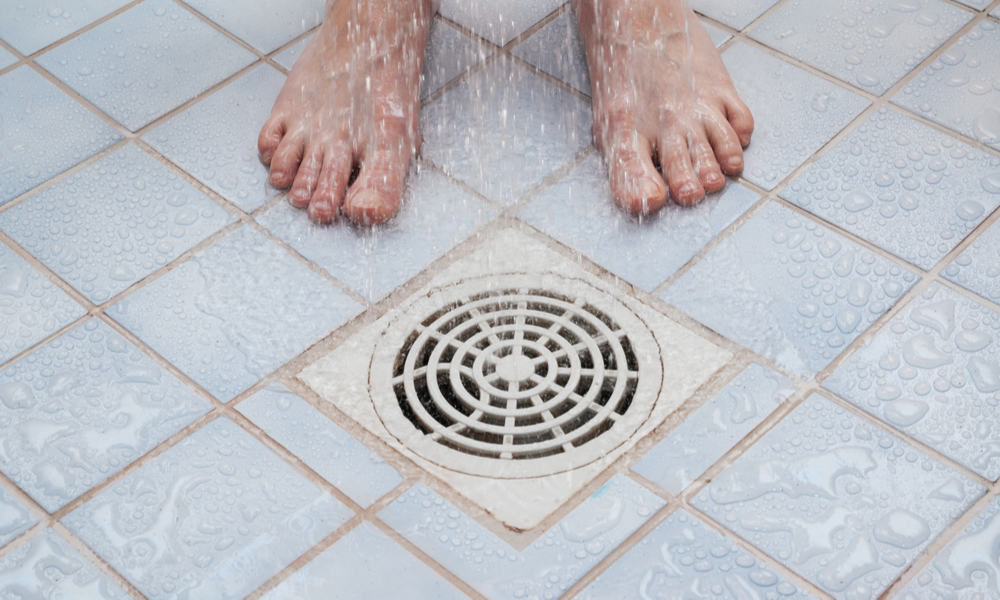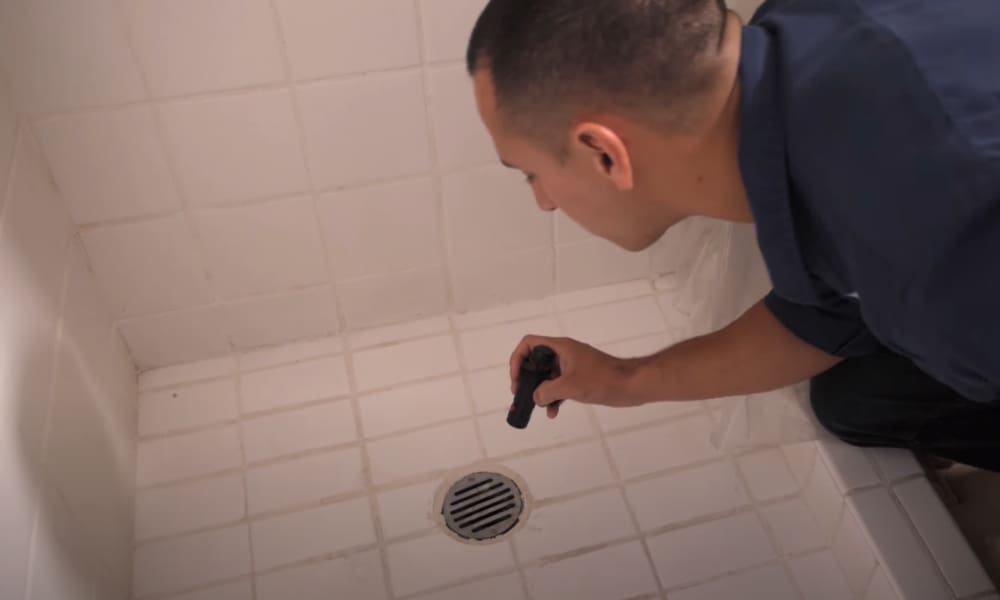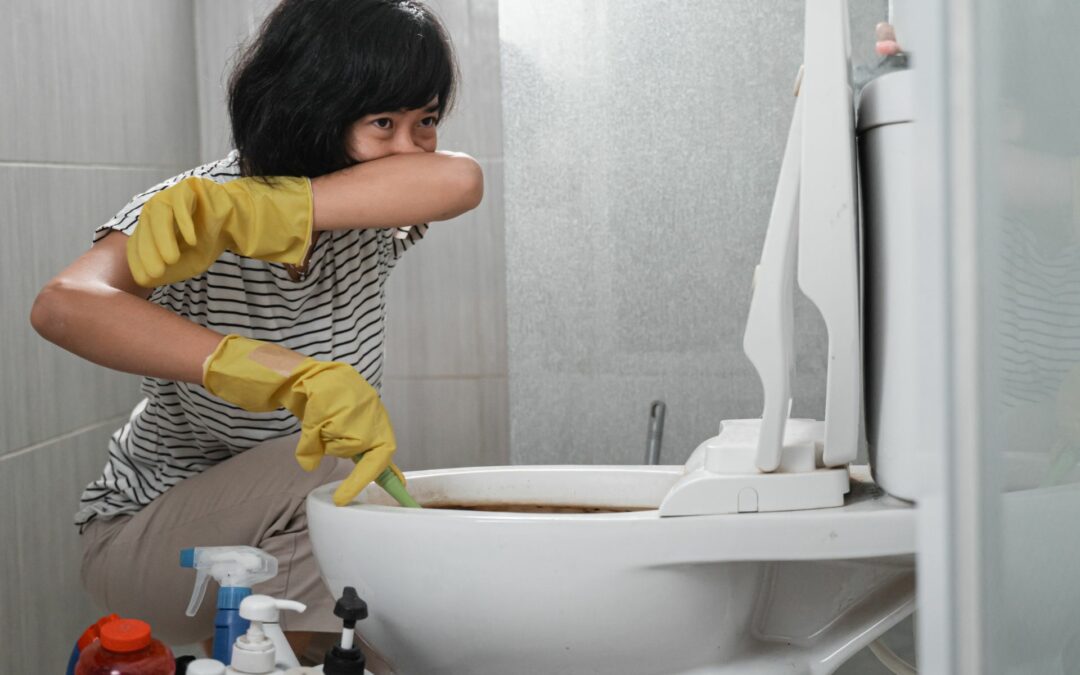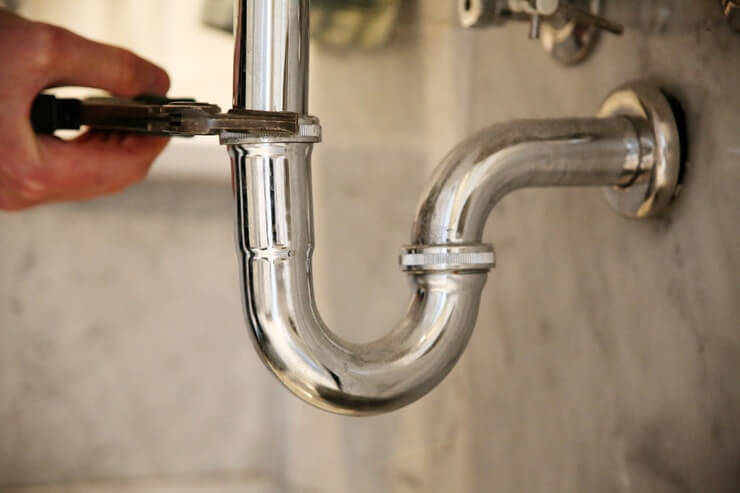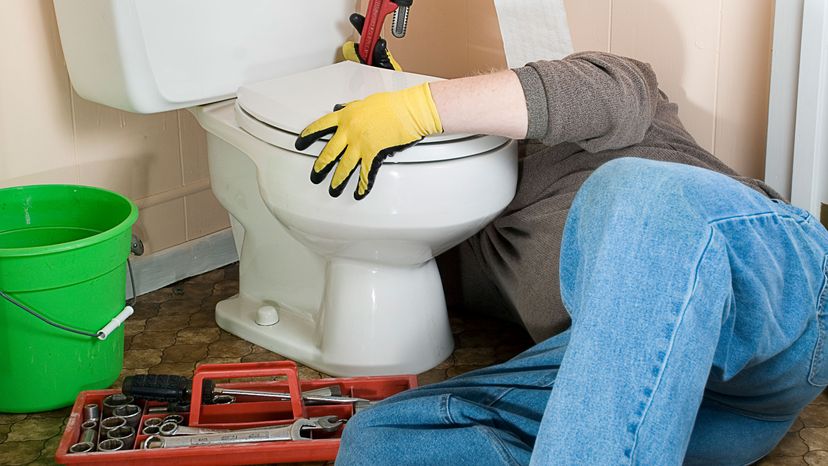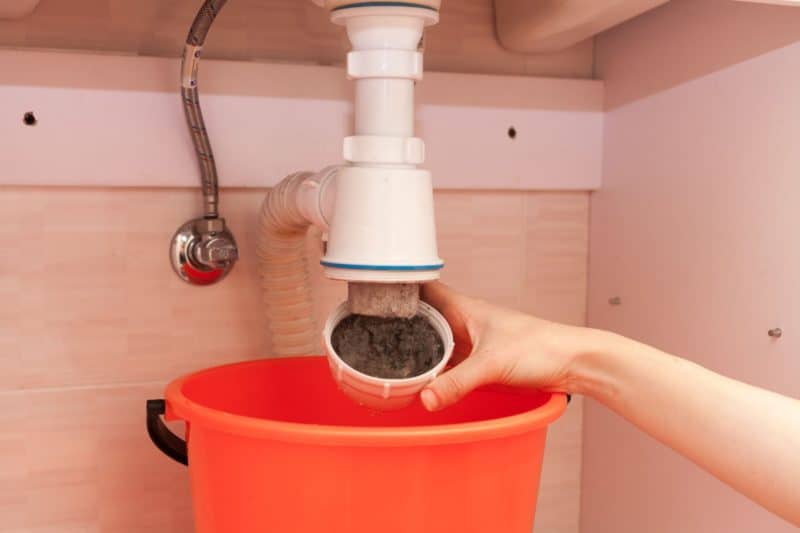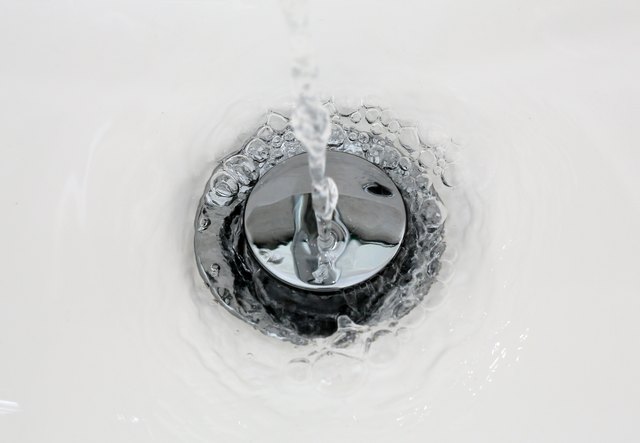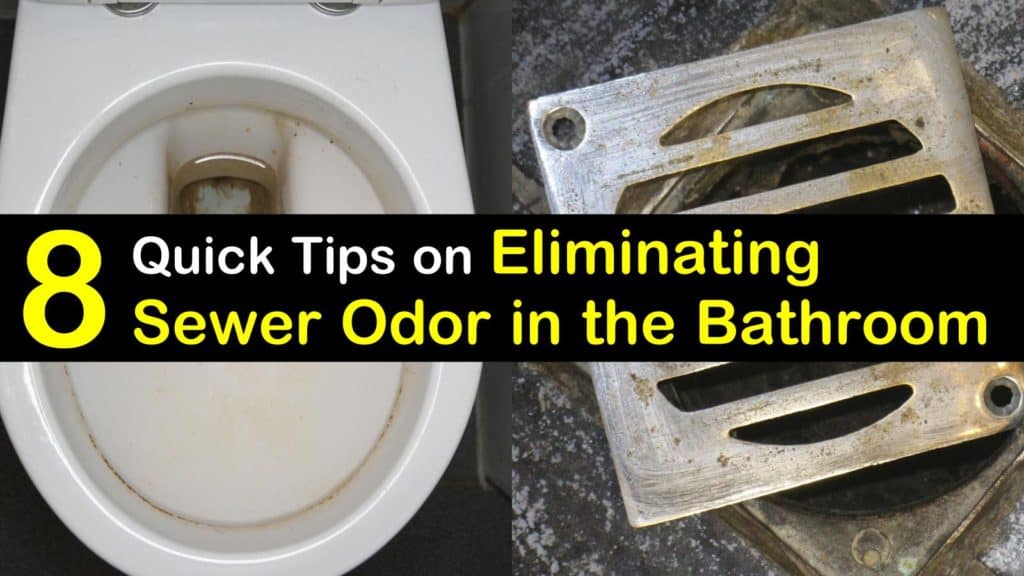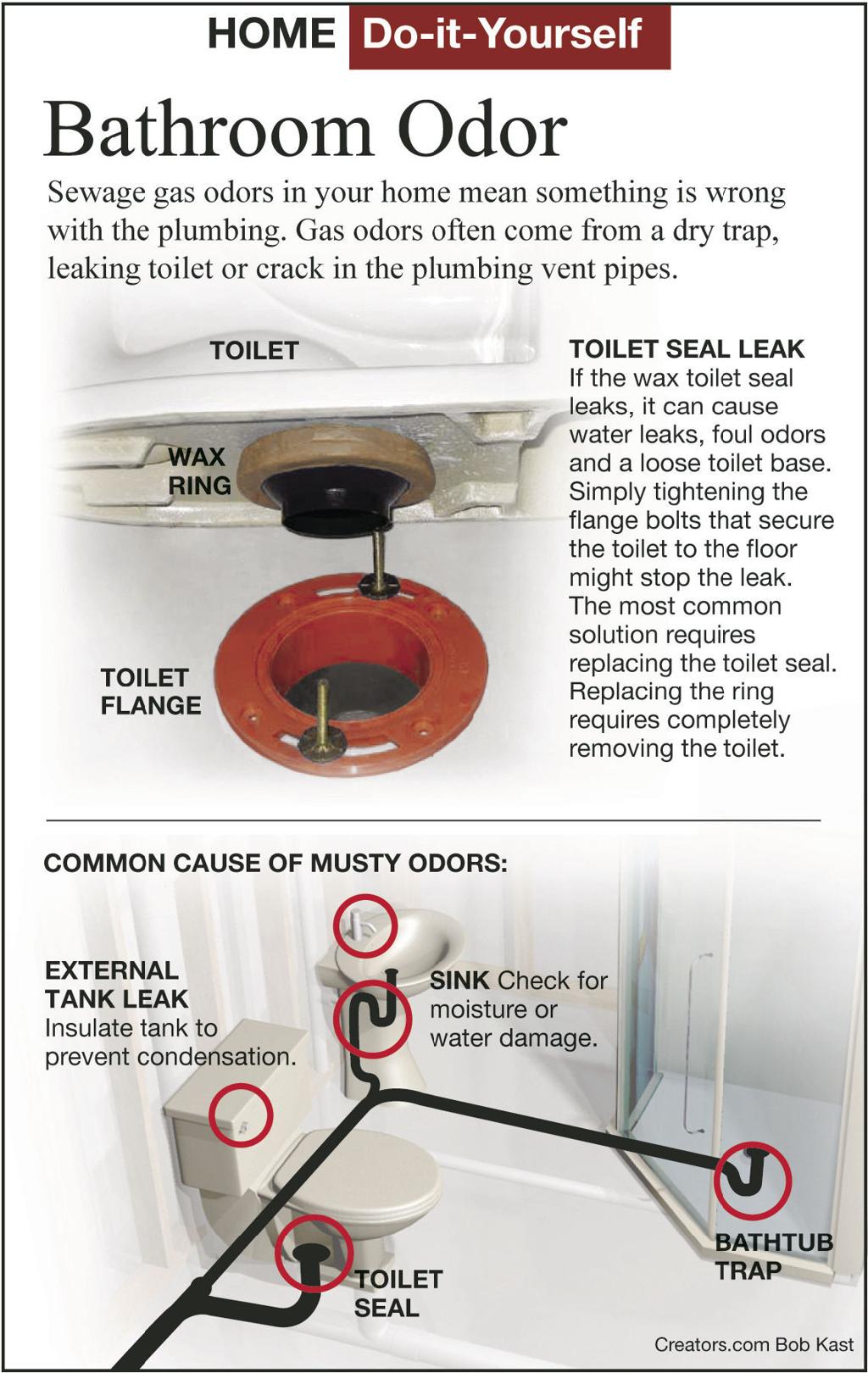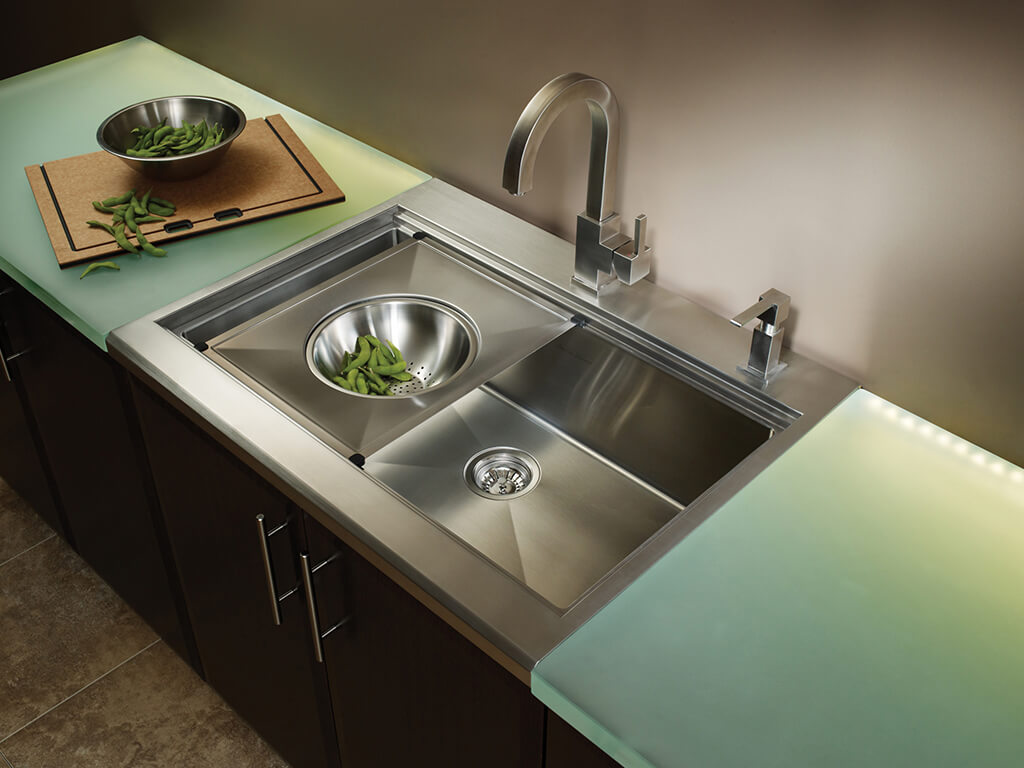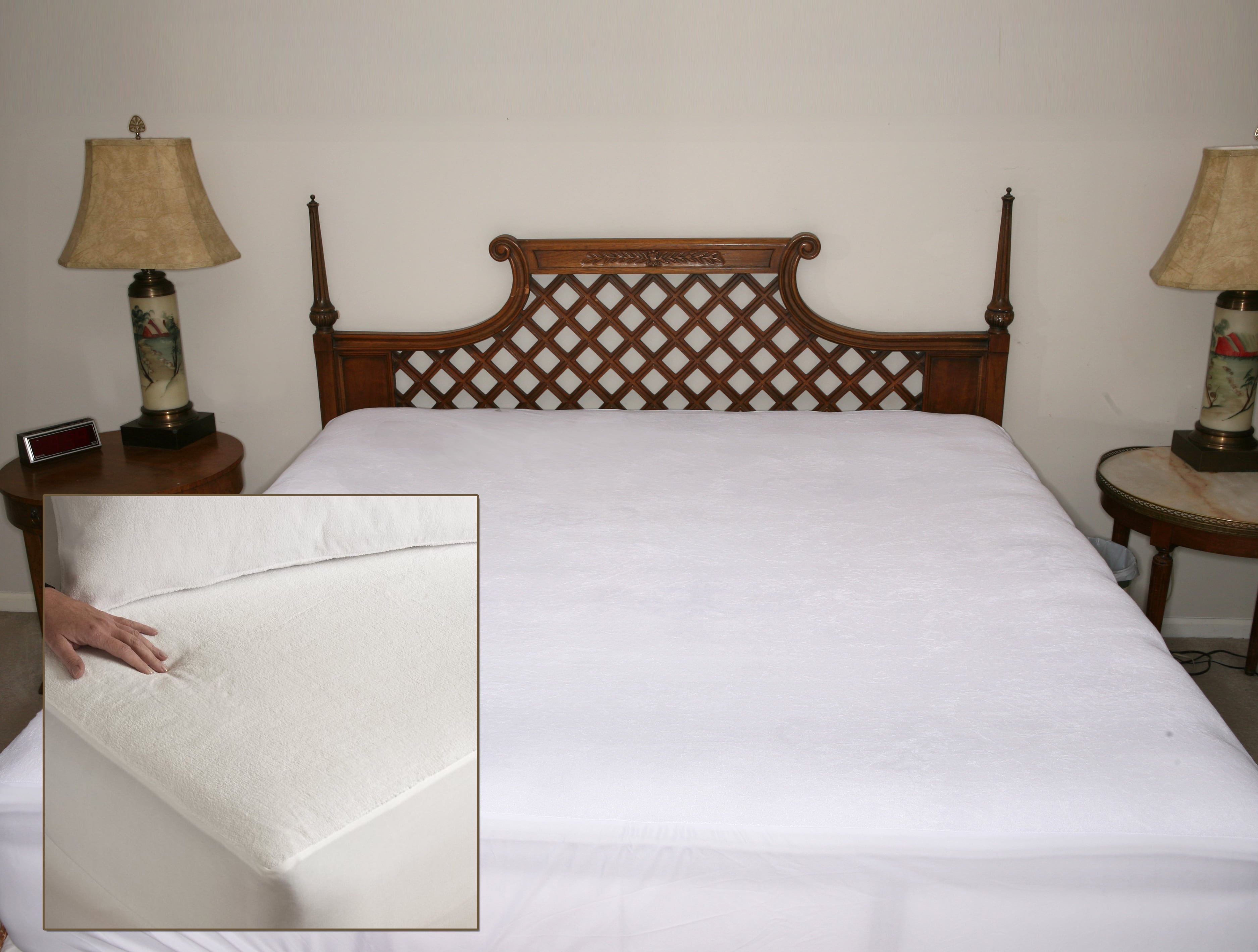Are you experiencing a foul sewer gas smell in your bathroom sink? This can be a frustrating and unpleasant problem to deal with. Not only does it make using your sink unpleasant, but it can also be a sign of a larger issue with your plumbing. In this article, we will discuss the top 10 main causes of sewer gas in bathroom sinks and how to get rid of the smell for good. Sewer Gas in Bathroom Sink: Causes and Solutions
The first step in getting rid of sewer gas smell in your bathroom sink is identifying the source. This can be tricky, as the smell may seem to be coming from the sink itself, but the root cause could actually be elsewhere in your plumbing system. Here are a few solutions to consider: 1. Clean Your Sink Drain - Sometimes, a buildup of debris and grime in your sink drain can cause a foul smell. Use a mixture of baking soda, vinegar, and hot water to clean out your drain and eliminate any potential odor-causing substances. 2. Check Your P-Trap - The P-trap is a curved pipe located under your sink that holds a small amount of water to block sewer gases from entering your home. If this trap is dry, it can allow sewer gas to escape into your bathroom. Simply run some water down the sink to refill the trap and seal off the gas. 3. Inspect Your Vent Pipes - Your plumbing system has vent pipes that allow sewer gas to escape outside. If these pipes become blocked or damaged, the gas can back up into your home. Check these pipes for any obstructions or cracks and have them repaired if necessary. 4. Call a Professional - If you are unable to identify or fix the source of the sewer gas smell, it may be time to call a professional plumber. They will have the expertise and tools to properly diagnose and repair the issue. How to Get Rid of Sewer Gas Smell in Bathroom Sink
Now that we have discussed some potential solutions, let's take a closer look at the common causes of sewer gas smell in bathroom sinks. By understanding these causes, you can better prevent and address the issue in the future. 1. Dry P-Trap - As mentioned before, a dry P-trap can allow sewer gas to enter your home. This can happen if you have not used your sink for a long period of time, or if there is a leak in the trap. 2. Clogged Vent Pipes - If your vent pipes become clogged with debris or damaged, they can cause sewer gas to backup into your home. 3. Poor Ventilation - Without proper ventilation, sewer gas can become trapped in your bathroom and cause a strong odor. 4. Broken or Damaged Pipes - Any breaks or damage in your plumbing pipes can allow sewer gas to escape into your home. Common Causes of Sewer Gas Smell in Bathroom Sink
Fixing a sewer gas smell in your bathroom sink will depend on the specific cause of the issue. However, here are some general steps you can take: 1. Clean Your Sink Drain - As mentioned earlier, cleaning your sink drain can help eliminate any buildup of debris and grime that may be causing the smell. 2. Check Your P-Trap - If your P-trap is dry, run water down the sink to refill it and seal off the gas. 3. Inspect Your Vent Pipes - If you suspect your vent pipes are clogged or damaged, have them cleared or repaired by a professional. 4. Repair Broken Pipes - If you have identified a broken or damaged pipe as the cause of the sewer gas smell, it is important to have it repaired as soon as possible. How to Fix a Sewer Gas Smell in Bathroom Sink
If you are experiencing a sewer gas smell in your bathroom sink, here are some steps you can take to address the issue: 1. Identify the Source - As discussed earlier, identifying the source of the smell is the first step in addressing the issue. 2. Try DIY Solutions - If the source is something simple like a dry P-trap, you may be able to fix the issue yourself. 3. Call a Professional - If you are unable to identify or fix the issue on your own, it is best to call a professional plumber for assistance. 4. Take Preventative Measures - Once the issue has been resolved, it is important to take preventative measures to avoid future sewer gas smells in your bathroom sink. Sewer Gas Smell in Bathroom Sink: What to Do
Prevention is key when it comes to avoiding sewer gas smells in your bathroom sink. Here are some preventative measures you can take: 1. Use Your Sink Regularly - Running water regularly through your sink can help prevent the P-trap from drying out and allowing sewer gas to enter your home. 2. Keep Vent Pipes Clear - Regularly check your vent pipes for any obstructions or damage and have them cleared or repaired as needed. 3. Address Plumbing Issues Promptly - If you notice any leaks or damage in your plumbing, it is important to address them promptly to avoid larger issues down the line. 4. Schedule Regular Maintenance - Consider scheduling regular maintenance with a professional plumber to catch any potential issues before they become a bigger problem. How to Prevent Sewer Gas Smell in Bathroom Sink
How do you know if you have a sewer gas smell in your bathroom sink? Here are some common signs and symptoms to watch out for: 1. Foul Odor - The most obvious sign of sewer gas smell in your bathroom sink is a strong, unpleasant odor. 2. Slow Drainage - If your sink is draining slowly, it could be a sign of a clog or other plumbing issue that is causing the sewer gas smell. 3. Gurgling Noises - If you hear gurgling noises coming from your sink drain, it could be a sign of a clog or other issue in your plumbing system. 4. Water Bubbles - If you notice bubbles forming in your sink or toilet when you run water, it could be a sign of a blockage in your vent pipes. Sewer Gas Smell in Bathroom Sink: Signs and Symptoms
Identifying and fixing a sewer gas smell in your bathroom sink can be a bit tricky. Here are some steps you can take to address the issue: 1. Identify the Source - As mentioned earlier, the first step in fixing the issue is identifying the source of the sewer gas smell. 2. Try DIY Solutions - If the source is something simple like a dry P-trap, you may be able to fix the issue yourself. 3. Call a Professional - If you are unable to identify or fix the issue on your own, it is best to call a professional plumber for assistance. 4. Regular Maintenance - As mentioned before, scheduling regular maintenance with a professional plumber can help catch and fix any potential issues before they become a bigger problem. How to Identify and Fix Sewer Gas Smell in Bathroom Sink
Sewer gas smell in your bathroom sink can be a frustrating and unpleasant problem, but with the right knowledge and solutions, it can be easily fixed. By understanding the common causes and symptoms of sewer gas smell and taking preventative measures, you can keep your bathroom smelling fresh and clean. If you are unable to fix the issue on your own, don't hesitate to call a professional plumber for assistance. With these tips, you can say goodbye to sewer gas smell in your bathroom sink for good. In Conclusion
The Dangers of Sewer Gas in Bathroom Sinks

What is Sewer Gas?
 Sewer gas is a mixture of gases that are produced by the decomposition of organic materials in sewage. This gas is primarily composed of methane, hydrogen sulfide, and carbon dioxide. It can also contain trace amounts of other toxic gases such as ammonia, nitrous oxide, and sulfur dioxide. Sewer gas is highly flammable and can be explosive in certain concentrations. It also has a foul odor that is often described as rotten eggs.
Sewer gas is a mixture of gases that are produced by the decomposition of organic materials in sewage. This gas is primarily composed of methane, hydrogen sulfide, and carbon dioxide. It can also contain trace amounts of other toxic gases such as ammonia, nitrous oxide, and sulfur dioxide. Sewer gas is highly flammable and can be explosive in certain concentrations. It also has a foul odor that is often described as rotten eggs.
How Does Sewer Gas Get into Bathroom Sinks?
 In most homes, there is a plumbing system that connects all the drains and toilets to a main sewer line. This sewer line then connects to the city's sewer system. If there is a break or crack in the sewer line, sewer gas can leak into the home's plumbing system and enter the bathroom sink. This can also happen if the plumbing system is not properly vented, as the vent allows the gas to escape through the roof rather than into the home.
In most homes, there is a plumbing system that connects all the drains and toilets to a main sewer line. This sewer line then connects to the city's sewer system. If there is a break or crack in the sewer line, sewer gas can leak into the home's plumbing system and enter the bathroom sink. This can also happen if the plumbing system is not properly vented, as the vent allows the gas to escape through the roof rather than into the home.
The Dangers of Sewer Gas in Bathroom Sinks
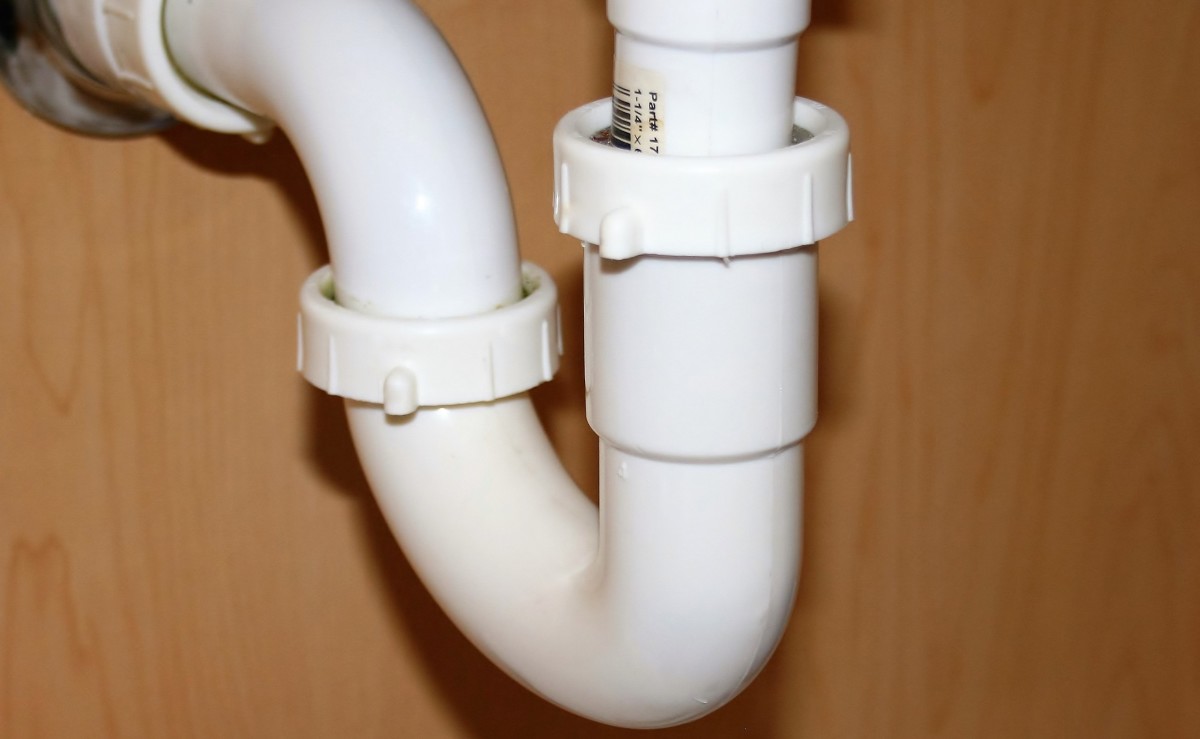 The presence of sewer gas in bathroom sinks can pose a serious threat to the health and safety of the household. The most immediate danger is the strong, unpleasant odor that can permeate the entire house. This can cause headaches, nausea, and dizziness. In high concentrations, sewer gas can also cause asphyxiation, as it displaces oxygen in the air. This is especially dangerous for young children, elderly individuals, and those with respiratory issues.
The presence of sewer gas in bathroom sinks can pose a serious threat to the health and safety of the household. The most immediate danger is the strong, unpleasant odor that can permeate the entire house. This can cause headaches, nausea, and dizziness. In high concentrations, sewer gas can also cause asphyxiation, as it displaces oxygen in the air. This is especially dangerous for young children, elderly individuals, and those with respiratory issues.
How to Detect and Prevent Sewer Gas in Bathroom Sinks
 If you notice a foul odor coming from your bathroom sink, it is important to take action immediately. The first step is to check for any visible signs of a plumbing issue, such as cracks or leaks in the pipes. If you are unable to identify the source of the problem, it is best to call a professional plumber to inspect your plumbing system. Regular maintenance and proper venting can also help prevent sewer gas from entering your home.
If you notice a foul odor coming from your bathroom sink, it is important to take action immediately. The first step is to check for any visible signs of a plumbing issue, such as cracks or leaks in the pipes. If you are unable to identify the source of the problem, it is best to call a professional plumber to inspect your plumbing system. Regular maintenance and proper venting can also help prevent sewer gas from entering your home.
In Conclusion
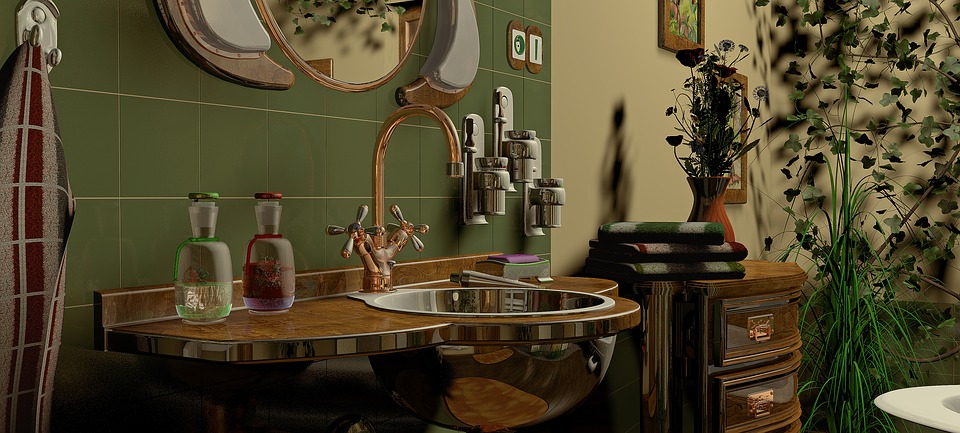 Sewer gas in bathroom sinks is not only unpleasant but also dangerous. It is important to address any plumbing issues promptly to prevent the buildup of sewer gas. Regular maintenance and proper venting can help keep your home safe and free from the dangers of sewer gas. If you suspect a problem, do not hesitate to seek professional help. Your health and safety are worth the investment.
Sewer gas in bathroom sinks is not only unpleasant but also dangerous. It is important to address any plumbing issues promptly to prevent the buildup of sewer gas. Regular maintenance and proper venting can help keep your home safe and free from the dangers of sewer gas. If you suspect a problem, do not hesitate to seek professional help. Your health and safety are worth the investment.

